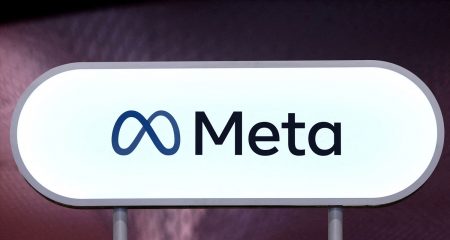 Artificial intelligence chips from AMD are about 80% as fast as those from Nvidia, with a future path to matching their performance, according a report by an AI software firm.
Artificial intelligence chips from AMD are about 80% as fast as those from Nvidia, with a future path to matching their performance, according a report by an AI software firm.
Nvidia dominates the market for the powerful chips that are used to create ChatGPT and other AI services that have swept through the technology industry in recent months. The popularity of those services has pushed Nvidia’s value past US$1-trillion and led to a shortage of its chips that the Nvidia says it is working to resolve.
But in the meantime, tech companies are looking for alternatives, with hopes that AMD will be a strong challenger. That prompted MosaicML, an AI start-up acquired for $1.3-billion earlier this week, to conduct a test comparing AI chips from AMD and Nvidia.
MosaicML evaluated the AMD MI250 and the Nvidia A100, both of which are one generation behind each company’s flagship chips but are still in high demand.
MosaicML found AMD’s chip could get 80% of the performance of Nvidia’s chip, thanks largely to a new version of AMD software released late last year and a new version of open-source software backed by Meta Platforms called PyTorch that was released in March.
Hanlin Tang, chief technology officer of MosaicML, said that the company believes that further software updates from AMD that are in the works should help its MI250 chip match the performance of Nvidia’s A100.
“For most [machine learning] chip companies out there, the software is the Achilles heel of it,” Tang said, adding that AMD had not paid MosaicML to conduct its research. “Where AMD has done really well is on the software side.”
‘Interchangeable’
Tang said that MosaicML used its tools, the PyTorch and AMD software to train a large language model without having to make any changes to its code base. If developers can find AMD’s chips at the right price, “you can already switch to these today they’re essentially interchangeable” with Nvidia chips, Tang said.
MosaicML sells software that makes it easier for companies to create AI systems inside their own data centres rather than paying for access to those systems from providers like ChatGPT creator OpenAI. The company said it conducted the research to illustrate that its customers have chip options beyond Nvidia.
Read: AWS is considering AMD’s new AI chips
“Mosaic’s results reinforce our strategy of supporting an open and easy to implement software ecosystem for AI training and inference on AMD hardware,” AMD said in a statement, adding that it would continue to work with the company to tune its software.
Nvidia declined to comment. — (c) 2023 Reuters




